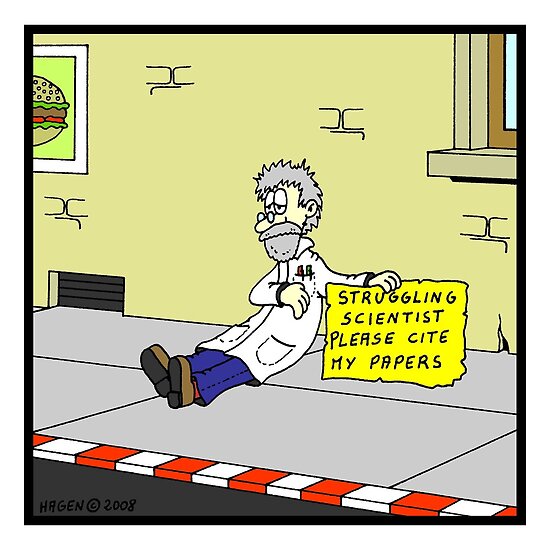When your computer gets infected with a virus it can be a devastating experience and this is exactly why you need to
protect your computer from viruses.
A virus can consume your precious computer files and even damage your
computer hardware. Is this worth ignoring? I don’t think so! Anything
you can do when
protecting your computer from viruses has to be
a good thing and is well worth spending your time on. We all know
prevention is better than a cure so I am going to share my top 10 tips
on how to
protect your computer from viruses.
10 Tips to Protect Your Computer From Viruses
There are many
ways to protect your computer from nasty
viruses invading. Protecting your computer is a number one concern for
every computer user on earth. I do not know anyone that wants to have
their computer crash due to a virus invasion. Here are 10 ways to
protect your computer from viruses and keep your files and data safe.
1. Learn about viruses
The first thing that I recommend is to research and become knowledgeable about viruses. How can you
protect your computer from viruses if you don’t even know what they are. Here are some previous tutorials I have written about viruses. See
What is a Virus and how do I know if I have one? and
What is the difference between a virus, spyware, Malware, and adware? How can you protect your computer from viruses if you don’t know what it is?
2. Arm yourself with the best Anti-virus software to suit your needs.
Not everyone can get away with using free Anti-virus software because
it depends what you do on your computer. It depends on factors such as
if you download files or not, if you open email attachments, and if you
surf suspicious websites. See my reviews for the best
Virus Removal Software.
Lets face it, if you do not have protection against viruses installed
on your computer, you will without a doubt, get a virus within the first
hour of surfing the internet. It is that easy. For years I would remove
a virus from my dads computer at least once a year, until finally I
realized that he needed a paid Anti-virus program. He wasn’t good with
computers and if a windows popped up and said he needed to take a scan,
he would just do it. He would just presume it was the program I had
installed to protect his computer. Now I have installed PC Matic on this
computer and there has not been one problem since. This program offers
full protection along with full computer maintenance. It never asks him
to do anything and just works in the background silently.
3. Regular Updates
Having a great Anti-virus program installed on your computer to
protect your computer from viruses is great, however if you do not
regularly update the virus definitions, then the program is useless. New
viruses are produced daily and this is why we constantly have to update
the viruses definitions and stay ahead of the bad guys. Most programs
will update by itself as long as you haven’t turned this option off by
accident. This is definitely something you should check.
4. Downloading
When surfing the internet avoid websites that contain illegal
software downloads, sexual references, free screensavers, cracks or
serials, etc. I am sure you get the picture. If you go near these sites
you are immediately asking for trouble. Some other websites that you
should stay away from include foreign websites where you cannot
understand the language on them. This is because you cannot tell what is
on the website. This is definitely included in the
top 10 internet safety tips.
5. Windows Updates
Always update Windows when
protecting your computer. These
updates contain security updates that will help in your fight against
viruses. If you do not perform regular Windows updates you are leaving
your computer in a vulnerable state. You can simple check to see if your
computer needs updates by going to he start menu and typing in “windows
update”. See the screen shot below. You can also view recent
Windows update history so you can be in control of the whole situation.

6. Opening Emails
Be careful when opening emails. There are obvious emails that you
know you shouldn’t open, however what about the ones you get from people
you know? What if your friend has a virus and it is spreading itself
through emails? An email cannot be important enough to risk getting a
virus. Delete the email and send a fresh email to your friend asking
them if they actually did send you the email. It is better to be safe
than sorry.

You can also
create a whitelist
so only certain emails get through. You will still have to be careful
though, as you do not know what security the sender has installed on
their computer. It’s like driving on the road, you need to watch how
others are driving to stay safe.
7. Change your settings to protect your computer from viruses
If you are really serious about protecting your computer you can
change your email settings and receive text emails only. You can also
disable the ability to open email attachments. Virus travel in HTML
enabled emails and file attachments. They cannot travel in text email
messages. I know this sounds very boring, however, I would rather be
boring and protect my computer from viruses.
8. Peer to Peer file sharing – ways to protect your computer
Do not use peer to peer (p2p) file sharing programs. These include
programs such as Limewire, Bearshare, Gnutella, Morpheus, Torrents, etc.
These programs let you download files from other computer users
connected to their program network. You have no way of knowing what you
are actually downloading until it is on your computer.
Even if you share files from a cd from a friend, it may have a virus.
Protecting your computer from viruses is the most important priority
for you and you do not want to risk your
computer safety just because you trust your friend.
9. Do not download files from websites
Again, there is no way of knowing what you are downloading. The file
can appear to be named like the file you want, however it could be
anything. Most of the time, this is how a virus is unleashed, it usually
seems like a harmless, familiar object. If you are looking for a driver
for a certain brand of computer then make sure you are getting the
download from the genuine website. Many websites on the Internet offer
free driver downloads, however, many of them contain viruses. Everything
is not what it seems, so be very careful. I would rather use a program
to scan my drivers and update them for me. I would not risk downloading a
device driver from just any old website.
10. Have Firewall Protection
Make sure you have a firewall enabled on your computer. Windows comes
with an inbuilt firewall or you can use a third party firewall program
like Zone Alarm. Either way, make sure the firewall is on…To check the
Windows Firewall go to the security settings in your control panel.
If you are careful and are serious about learning how to protect your
computer from viruses, it is possible to stay safe. My top 10 tips will
help you keep your computer running smoothly, and virus free.
Notes on tips to protect your computer from viruses:
- These 10 ways to protect your computer from viruses are extremely
important tips to follow. If you have had a virus in the past you would
know how devastating it is when you lose all of your files and your
computer crashes.
- People often try to install more than one anti-virus program to
protect their computers from viruses. This is not how to protect your
computer from viruses as installing more than one program always causes a
problem. You can only install one virus removal program at any one time.
From tipsforpc.com




















